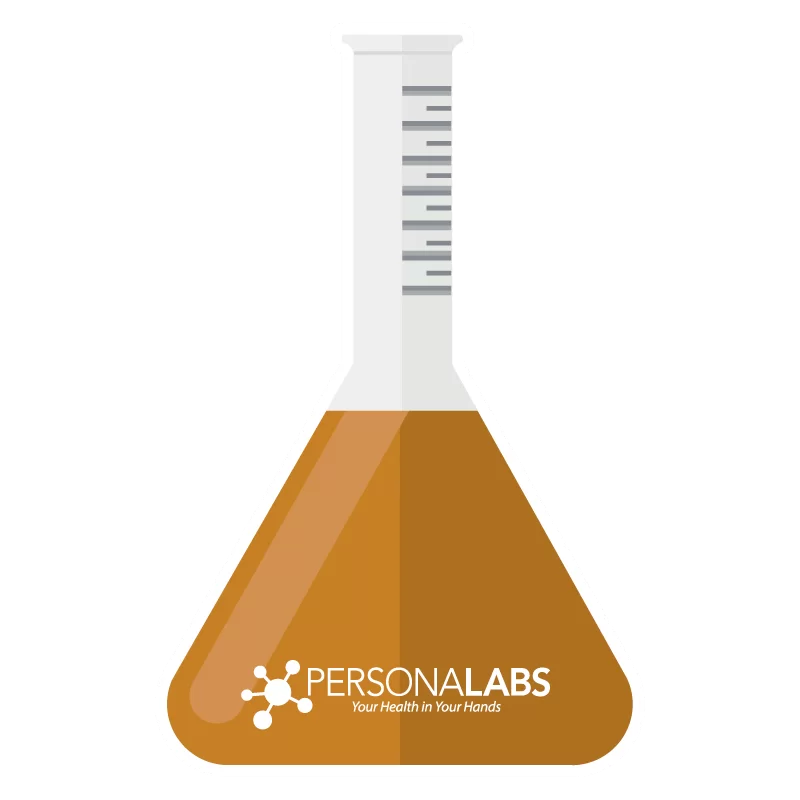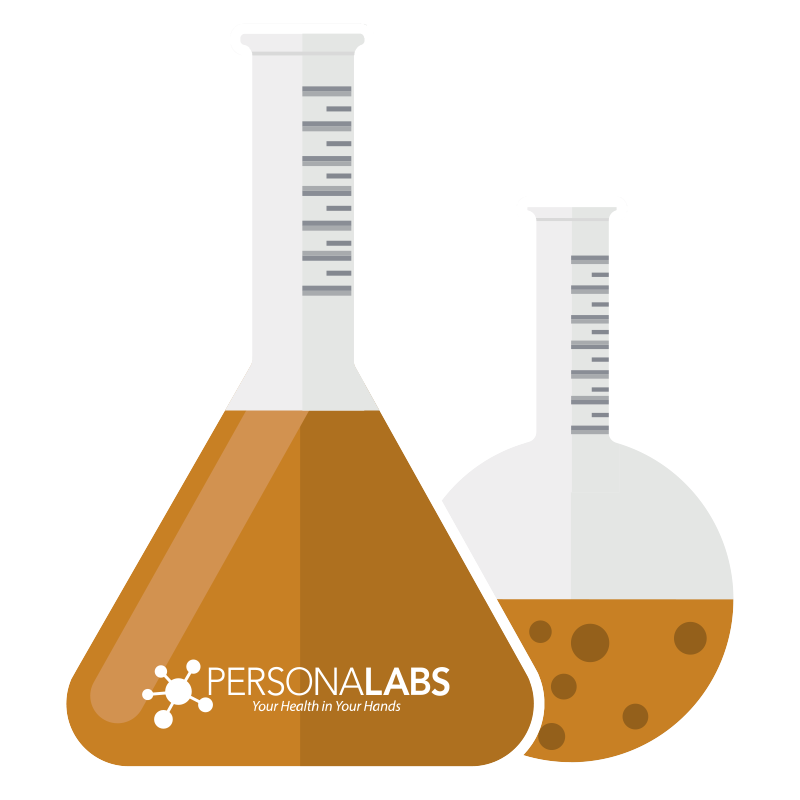- Fast results
- 4,000+ locations
- 4.8 star rating
Need Help? (888) GET LABS
A stroke is a condition that could potentially lead to death or permanent disability. Reduce your risk of stroke and check out our blood work for stroke.

Also Known As Cholesterol Panel, Coronary Risk Panel, Fasting Lipid Panel, Lipid Profile, Lipid Test, Lipoprotein Panel What Is the…

Also Known As Cholesterol Panel, Coronary Risk Panel, Fasting Lipid Panel, Lipid Profile, or Lipid Test. Purpose of the Lipid Panel…

Also Known As: CRP Test, CRP Quantitative Blood Test Purpose of the CRP Blood Test A CRP quantitative blood test evaluates inflammation linked…

Use C-reactive protein is used as an indicator for a wide range of disorders like inflammatory disease, autoimmune disorders, and…

Also Known As Cholesterol and Triglyceride Test; Hyperlipidemia Testing; Lipid Panel; Lipid Profile; Lipoprotein/Cholesterol Analysis The Purpose of a Cardiac Risk Profile…

Apolipoprotein B is the major protein component of low density lipids (LDL cholesterol). It is known to be a…

The Comprehensive Lipid Profile is a selection of tests that screen your blood for vascular inflammation and abnormal lipid…

This Lipid Panel is used to detect, classify and monitor those with hyperlipidemia, a condition where there are high…

This test is used for measurement of lipoprotein (a) is now recommended in several patient subgroups for whom excess…
The American Stroke Association reports that stroke is the fifth leading cause of death and a prevalent cause of disability in the US. Stroke is classified as a cardiovascular condition since it affects the arteries either through a blockage (ischemic stroke) or complete damage via leaking (hemorrhagic stroke) in the blood vessel.
Non-communicable diseases often develop among the elderly population. But stroke is an exemption to this rule since anyone can suffer from a stroke at any age. Fortunately, the condition is preventable and treatable with early diagnosis through lab tests such as a blood test for stroke.
Lab work for stroke often includes blood tests as preventive measures against the condition. But, as with other heart health problems, stroke can strike anytime to anyone, especially those who have a closer affinity for cardiovascular diseases.
If you have a family history of stroke or living a lifestyle that increases your risk, lab tests for stroke are often included in your physical exam.
Likewise, patients diagnosed with hypertension also require regular monitoring of factors that might trigger stroke. This encompasses tests for serum cholesterol and lipids, high glucose levels, etc.
Stroke can be frightening, especially if it involves the cerebral artery, as it could affect even the most basic functions. But you can take a few steps ahead of stroke by getting tested. Order our blood test for stroke, and we’ll schedule your appointment at one of our over 4,000 partner patient service centers in the country.
While there is no single laboratory test for stroke that seals diagnosis, blood tests are often used to determine the factors leading to or hinting at the condition’s occurrence.
Imaging tests usually uncover stroke, such as CT scan and echocardiogram (ECG), initiate stroke detection. On the other hand, blood tests such as the following strengthen the diagnosis, which in turn improves treatment and recovery.
CBC with Differential and Platelet Count Blood Test
Lipid Panel with LDL/HDL Ratio Blood Test
Protime and International Normalized Ratio (PT/INR) / Anti Coagulation Therapy Blood Test
Patients with cardiovascular conditions, diabetes, and other diseases affecting blood vessels should take a lab test to determine stroke. Likewise, those who suspect suffering from minor or major strokes should immediately get tested to acquire the fastest treatment possible.
Your doctor may request a blood test for stroke if you exhibit symptoms indicating the condition. But lab work for the stroke condition is even more ideal for those at high-risk for stroke as part of their routine or annual wellness checkup.
Don’t let stroke surprise you. Take our stroke blood tests along with other heart health tests. You can set an appointment with our partner patient center near you.
